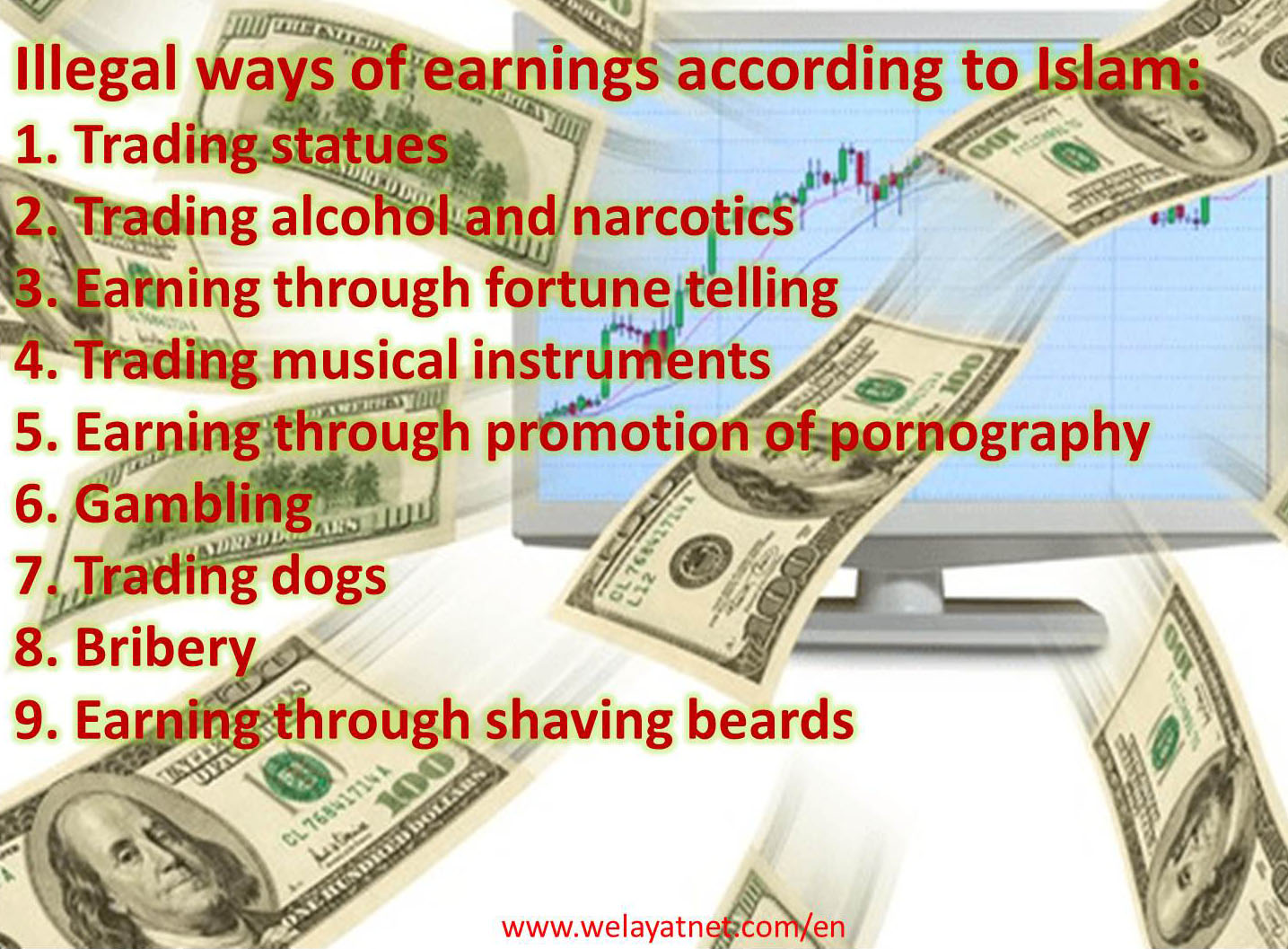Introduction
In the realm of finance, options trading has gained immense popularity as a means of managing risk and potentially generating substantial returns. However, when it comes to Muslim investors, questions arise regarding the permissibility of such transactions under Islamic law. This article aims to delve into the topic of options trading within the framework of Islamic finance, providing an in-depth analysis of its principles and implications.
A Deeper Dive into Options Trading
An option contract is a financial agreement that grants the buyer the right, but not the obligation, to buy or sell a specific asset (such as a stock or currency) at a predetermined price within a specified time frame. There are two main types of options: call options, which give the buyer the right to buy the underlying asset at the agreed-upon price (strike price), and put options, which provide the buyer with the right to sell the asset at the strike price. Options can be traded on organized exchanges, allowing investors to speculate on the future movement of an asset’s price.
Exploring Options Trading in Islamic Jurisprudence
In recent times, there has been a growing interest in the permissibility of options trading within the context of Islamic finance. While traditional Islamic law does not explicitly mention options trading, scholars have applied Islamic principles to evaluate its permissibility. One key principle is the prohibition of “al-gharar” (excessive uncertainty). Options contracts involve a degree of uncertainty due to their contingent nature, but scholars have argued that this uncertainty is limited and does not fall under the category of prohibited gharar.
Another principle considered by scholars is the requirement of “underlying reality” (ma’qud ‘alayh). In Islamic finance, contracts must have a tangible underlying asset or benefit. In the case of options, the underlying asset is the right to buy or sell a specific asset, which is considered to be a valid underlying reality.

Image: pentingnyailmupengetahuanbaik.blogspot.com
Contemporary Perspectives on Options Trading
Notably, there is a divergence of views among contemporary scholars regarding the permissibility of options trading in Islam. Some scholars have issued rulings (fatwas) permitting options trading under certain conditions, such as ensuring transparency and regulating the use of leverage. Others have expressed reservations, citing concerns about potential for speculation and excessive risk-taking.
Combining Islamic Principles and Practicalities
To navigate the complexities of options trading within the confines of Islamic law, it is essential to adhere to the following guidelines:
-
Transparency and Disclosure: All aspects of the transaction should be clear and fully disclosed to both parties.
-
Avoid Speculation: Options trading should not primarily be used for speculative purposes. It should be seen as a risk management tool or a way to gain exposure to an underlying asset.
-
Manage Leverage Prudently: The use of leverage in options trading should be carefully managed to avoid excessive risk-taking.
-
Seek Expert Guidance: Muslim investors are advised to seek guidance from qualified scholars and financial professionals who are well-versed in Islamic finance and options trading practices.

Image: derivbinary.com
Options Trading In Islam

Image: ruangmenggambar344.blogspot.com
Conclusion
The permissibility of options trading in Islam is a complex issue that requires a nuanced understanding of Islamic principles and contemporary perspectives. While some scholars permit options trading under certain conditions, it is important to approach it with caution and adherence to ethical guidelines. By combining Islamic principles with practical considerations, Muslim investors can navigate the world of options trading in a manner that is both compliant with their religious beliefs and financially responsible.






